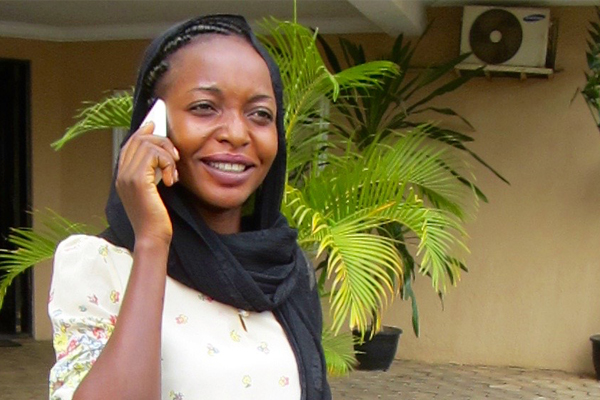
‘Press 1’ for Family Planning
The same phone technology that allows us to “press 1 to make a same-day appointment” can be used to get spouses in Africa to talk to each other about family planning and increase the use of modern contraception.

The same phone technology that allows us to “press 1 to make a same-day appointment” can be used to get spouses in Africa to talk to each other about family planning and increase the use of modern contraception.
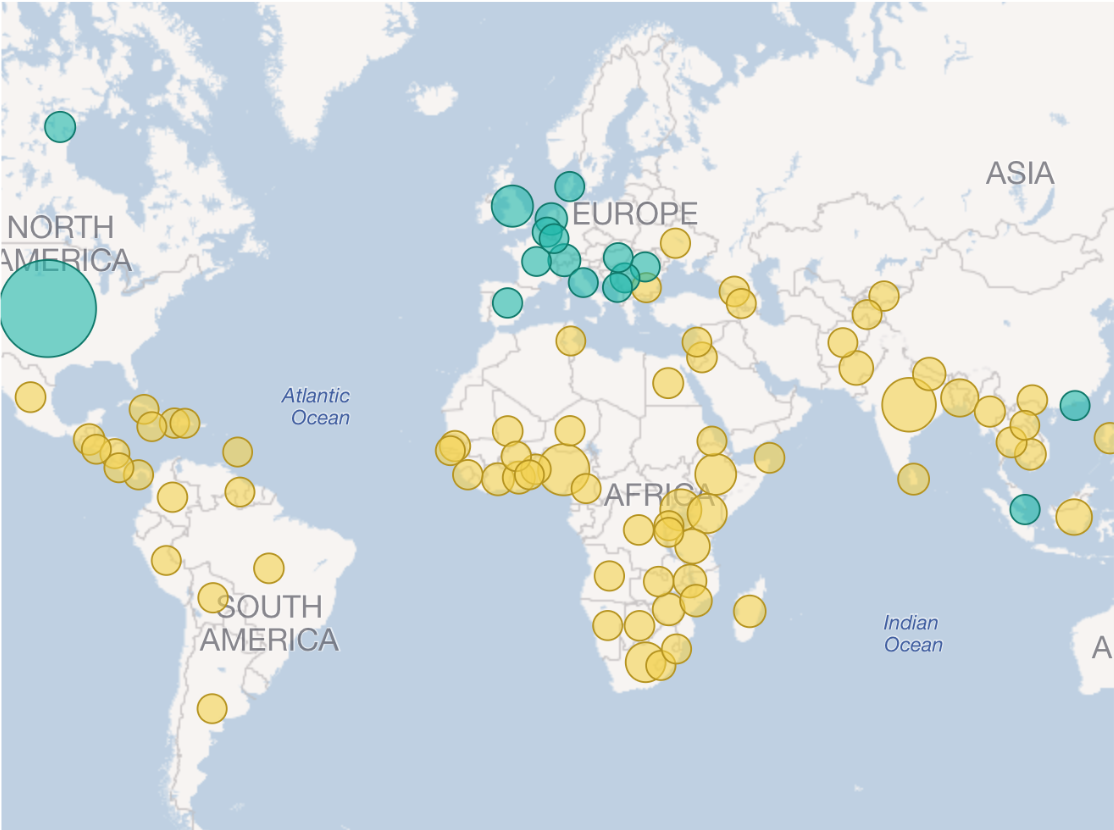
With a record 1,266 abstract submissions from 95 countries, the response to the call for abstracts for the 2018 International Social and Behavior Change Communication Summit has been incredible.
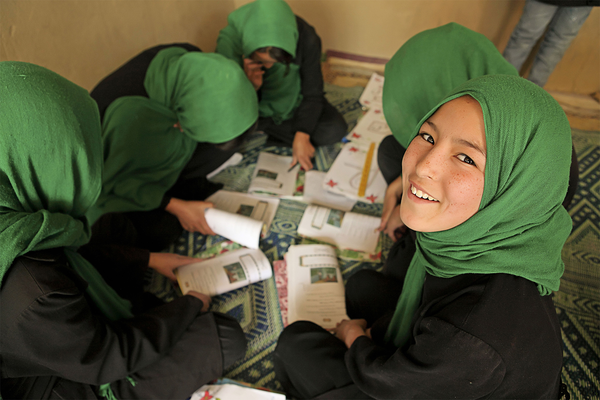
Abstracts are now being accepted for Shifting Norms, Changing Behavior, Amplifying Voice: What Works? The 2018 International Social and Behavior Change Communication Summit featuring Entertainment-Education. In 2016, the Johns Hopkins Center for Communication Programs (CCP) co-hosted the first Social and Behavior Change Communication (SBCC) Summit,

Hailed by critics and viewers alike, the Pakistani television drama Sammi was called a “stand out” by the English-Language publication The News on Sunday, while the website Hip In Pakistan called it the show “no one should miss.” But this popular series was more than

It doesn’t seem like the catchiest title, but a song called “1-800-273-8255” is a hit. The numbers are more than a random string of digits: 1-800-273-8255 is the actual phone number for the National Suicide Prevention Lifeline. And, thanks to the song, people are calling
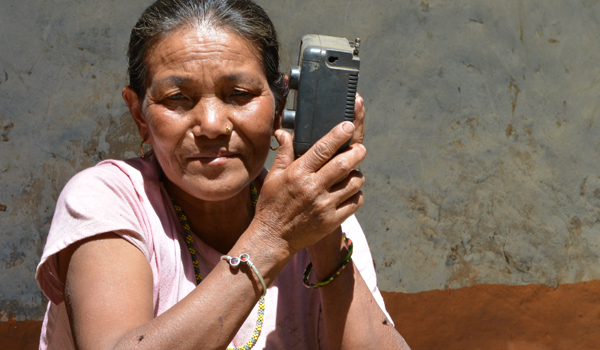
Entertainment education (EE) is an approach to social and behavior change communication (SBCC) where health and social messages are purposefully incorporated into entertaining programming. Today we’re celebrating radio, one of the most popular and powerful EE mediums. Radio remains one of the most accessed platforms
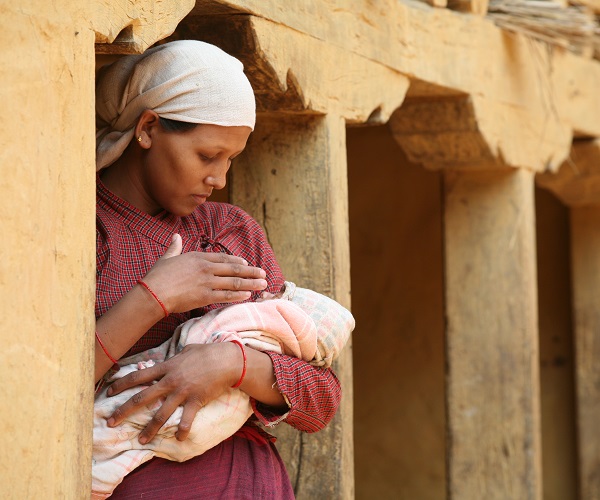
Does the saying “a rising tide lifts all boats” apply when it comes to health? This has been a key question in SBCC program design. For years, public health professionals believed that programs designed for the general population would equally benefit marginalized or disadvantaged groups,
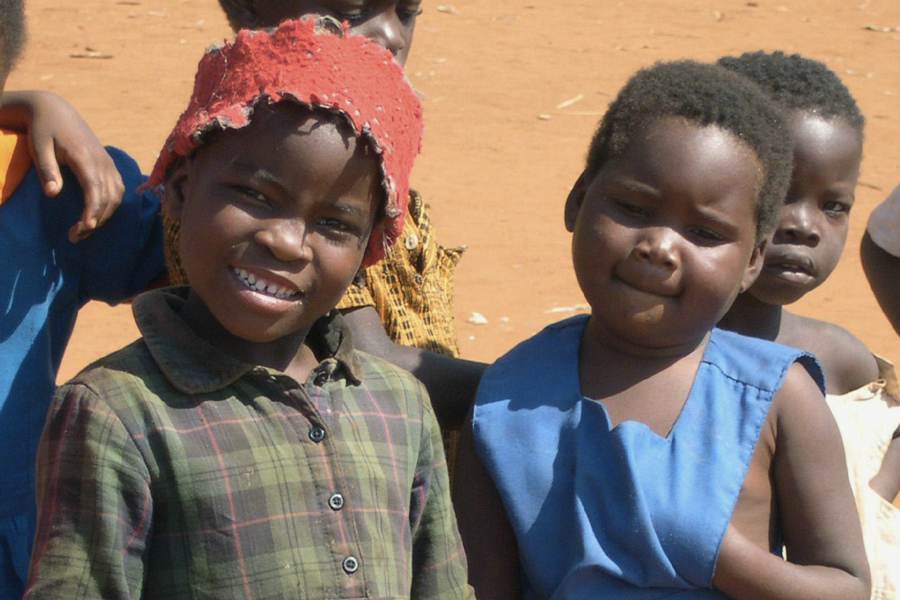
Radio program in Malawi influences listeners to adopt HIV preventative behaviors A new study by researchers from the Johns Hopkins Bloomberg School of Public Health Center for Communication Programs (CCP) suggests that entertainment education can be used to reduce the risk of contracting HIV/AIDS in

Every Sunday, men and women across Côte d’Ivoire end the weekend by watching television. On March 16 a new television drama series joined the popular Sunday evening line up: Réseaux (“Networks” in English). Réseaux follows the story of Jean-Yves, a man in his mid-40s who is torn between
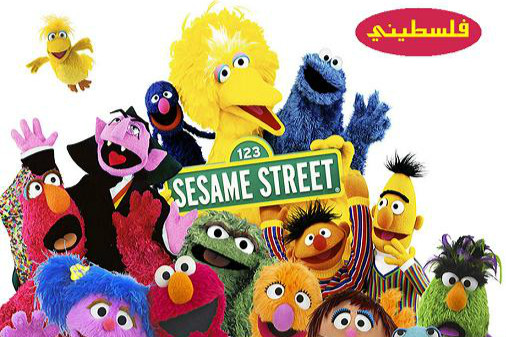
Researchers from the Johns Hopkins Bloomberg School of Public Health Center for Communication Programs (JHU∙CCP) have created a new instrument to measure children’s television program exposure and recall. The study examined the effect of Alam Simsim, the Egyptian version of the children’s educational television series
Receive the latest news and updates, tools, events and job postings in your inbox every month